These images from DC Thomson’s archives mark the night Radiohead brought their classic OK Computer tour to Aberdeen in 1997.
Some have never been seen before.
Radiohead of course were no strangers to Aberdeen.
The Oxford band headed by Thom Yorke had graced the stage of the Lemon Tree in 1995 as part of their tour for The Bends which was their second album.
Two years later came OK Computer – containing songs such as Paranoid Android, Let Down and Karma Police – which left an indelible mark on music.
The band’s best-selling third album is still rightly considered as one of the best of all-time and has reached cult status in the past 25 years.
Radiohead found global success following the album’s release and returned to Aberdeen to play the AECC on November 20 1997 as part of a world tour.
Radiohead would be another in a stellar line-up of big-name acts to perform at the venue in 1997 following performances by Bryan Adams, INXS and Oasis.
Tickets for the concert cost £15
Demand for the show was extremely high with tickets priced £15 and followed a run of UK dates including a performance by the band at Dundee’s Caird Hall in September.
Thom Yorke’s voice in Aberdeen displayed a mixture of angst, sadness, bitterness and beauty during the band’s packed set which featured 21 songs from their three albums.
The sell-out crowd at the AECC went mad for songs like No Surprises, Paranoid Android and Karma Police, which sparked ironically-joyous singalongs to what were some of the most beautifully-melancholic songs around.
Colin MacKenzie reviewed the concert for the Evening Express and described Radiohead as the best band in the world following the two-hour show.
He wrote: “Someone once wrote that Radiohead are the true heirs to The Beatles’ throne. Most of the band are delighted – drummer Phil Selway is consulting his lawyers.
“But make no mistake, the Oxford five-piece are as important now as The Beatles were 30 years ago.
“The world’s only modern rock band rolled into Aberdeen last night without any of the usual pomp or self-importance that characterises huge arena gigs.
“Tickets for last night’s gig were worth their weight in particularly expensive gold and the 6,500 lucky fans who packed the Exhibition Centre certainly got their money’s worth.
“Radiohead have a reputation for being sullen, moody and unsmiling, but at least two or three members of the band actually seemed to be enjoying themselves last night.
“During the raucous swagger of Bones, Just and Electioneering, guitarist Ed O’Brien charged around the stage so energetically that he almost ended up dancing with grinning bassist Colin Greenwood.
“Strangely, Paranoid Android and Karma Police – the first two singles from the band’s latest album OK Computer – almost replaced Creep as the crowd’s favourite singalong track.
“Played live, Bulletproof, Exit Music, No Surprises and Lucky sounded better and more intimate than ever before, even in the Exhibition Centre’s huge metal barn.
“Frontman Thom Yorke said little between songs, breaking only to praise the support bands, tirade against the music industry and thank the crowd for coming, saying: ‘Thank you for being here, good people of Aberdeen – you are the salt of the earth’.
“Closing song Street Spirit reduced most of the crowd to silence and brought the curtain down on a two-hour set that felt more like 20 minutes.
“Radiohead are not fashionable enough to become the biggest band in the world – so they’ll just have to settle for being the best.”
Radiohead went back to the studio after touring the album until 1998.
OK Computer’s 2000 follow up Kid A was a change of musical direction and went straight to the top of the album charts in both the UK and the US.
That fourth studio album is another now considered a masterpiece.
The album won the Grammy Award for Best Alternative Album and was followed by Amnesiac in 2001 and Hail to the Thief in 2003.
Politically-coloured, the title echoed that of a book about President George Bush’s controversial election win and featured great guitar work and brisker beats.
The album featured some exceptional tracks such as 2+2=5, Backdrifts, Where I End and You Begin and There, There, which was the lead single.
Radiohead returned to the AECC on December 1 2003 with fire in their bellies again and delivered a 26-song performance of classic hits and brand-new tracks.
First timers and seasoned tour followers of the band lapped up the show with an adoring fever and few could have been disappointed.
The concert was the final date in the band’s UK tour and they once again proved themselves to be the most contrary mainstream band in the world.
25 years after OK Computer, they still are.
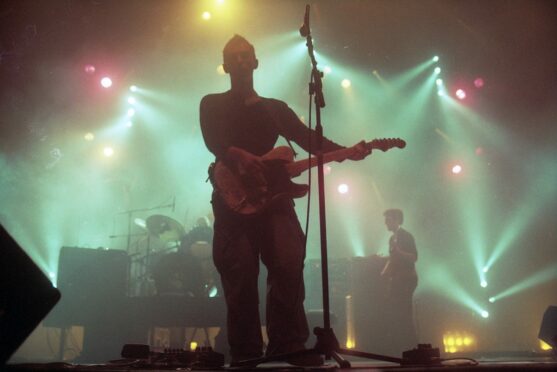
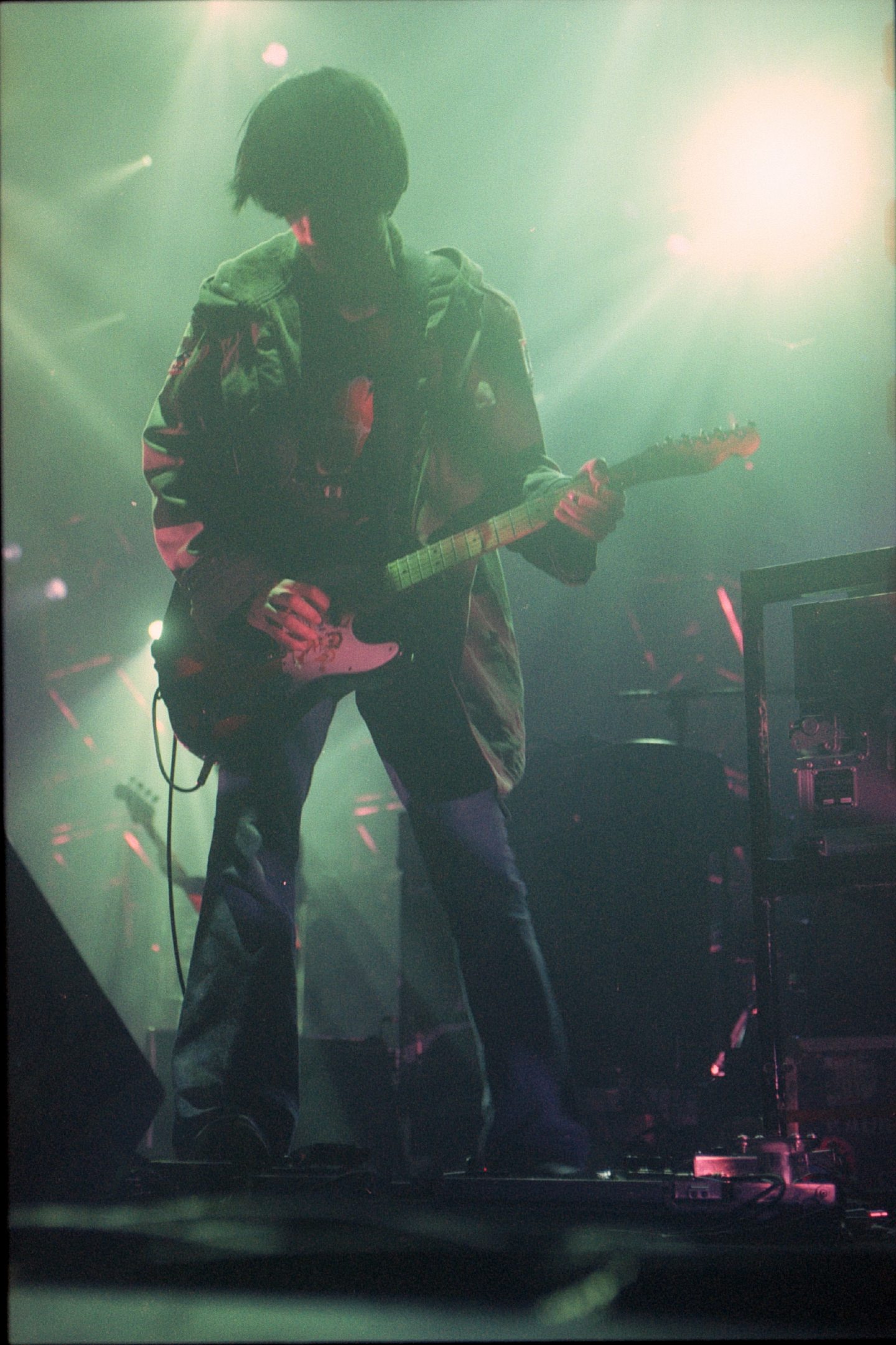
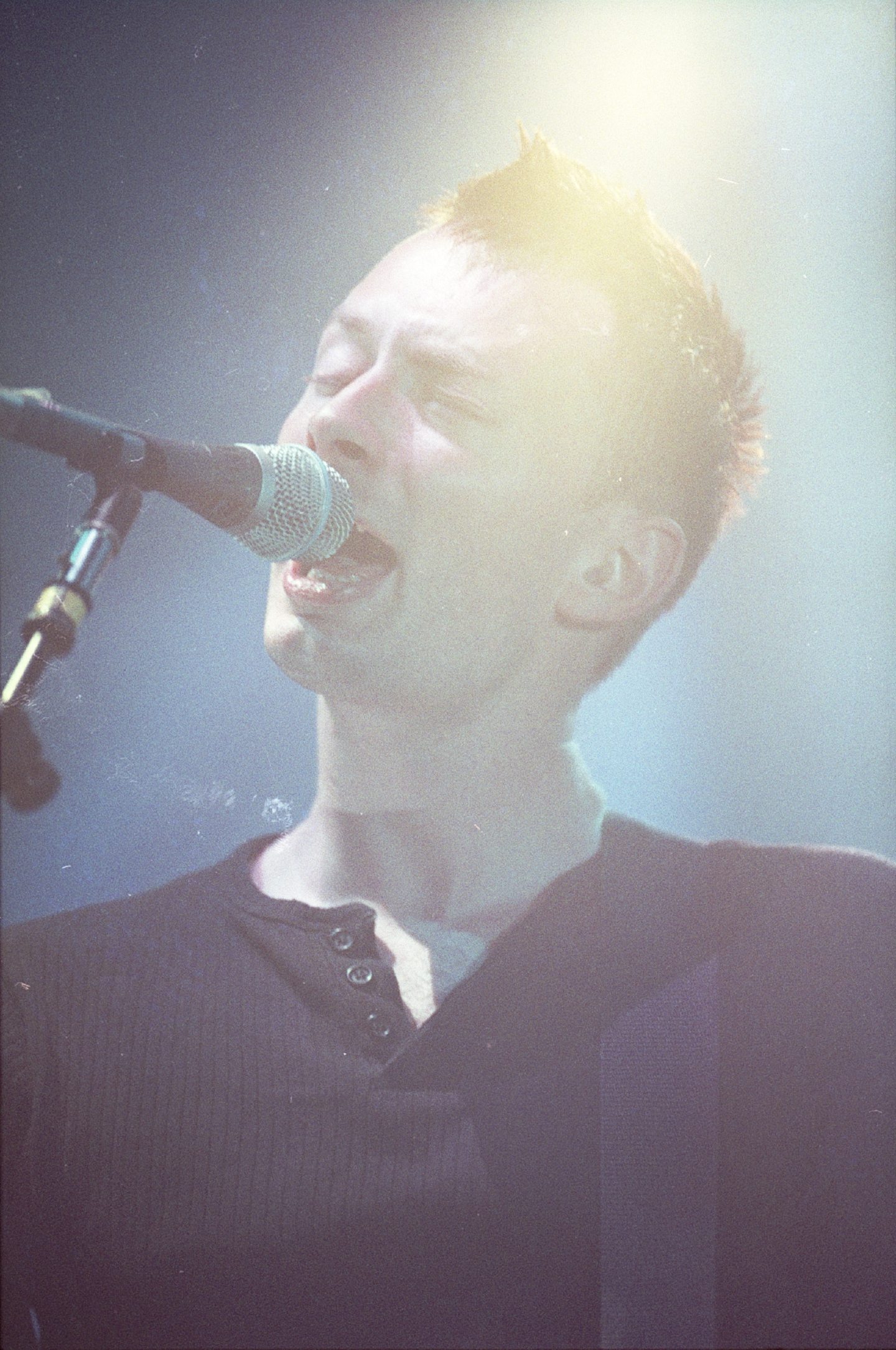
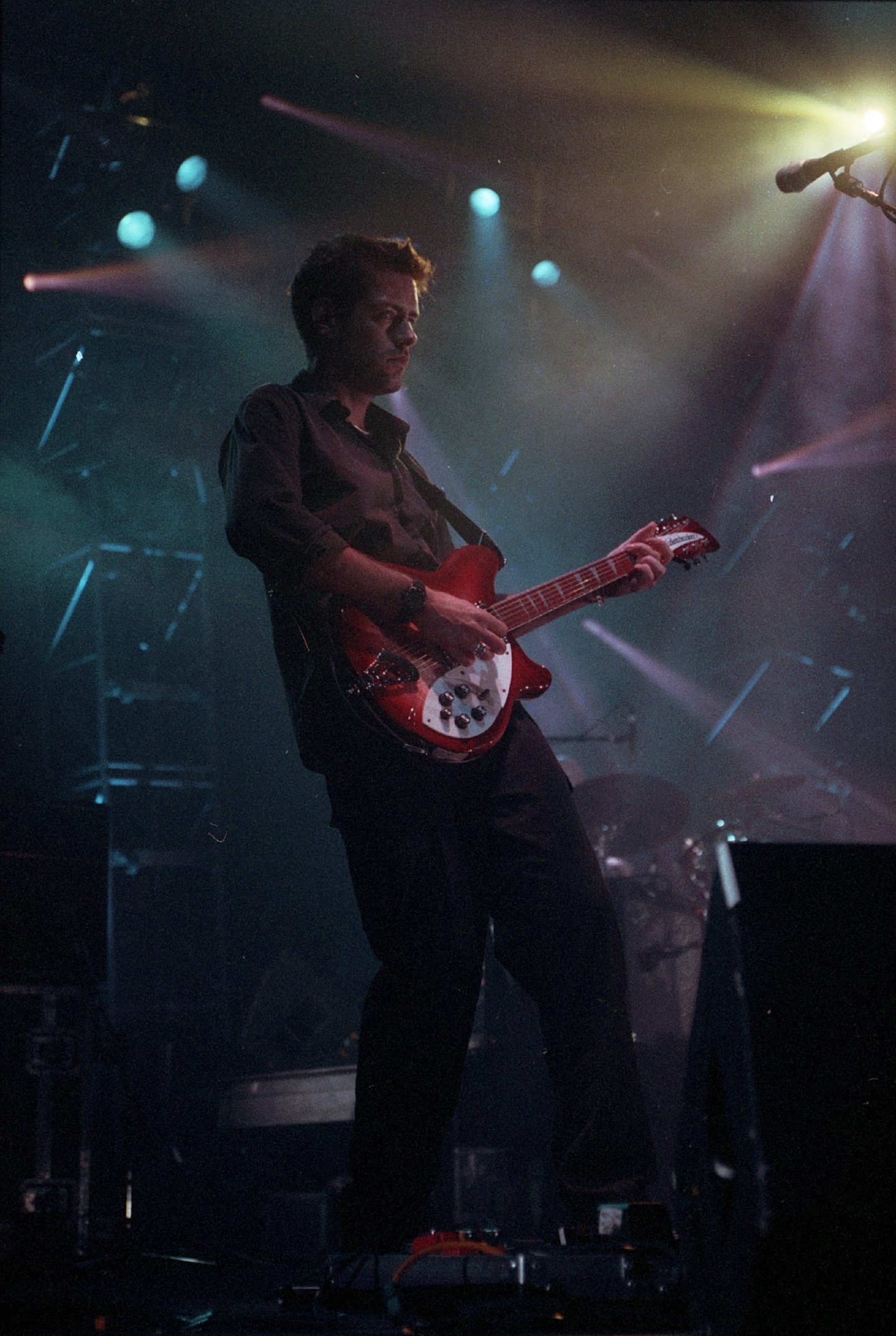
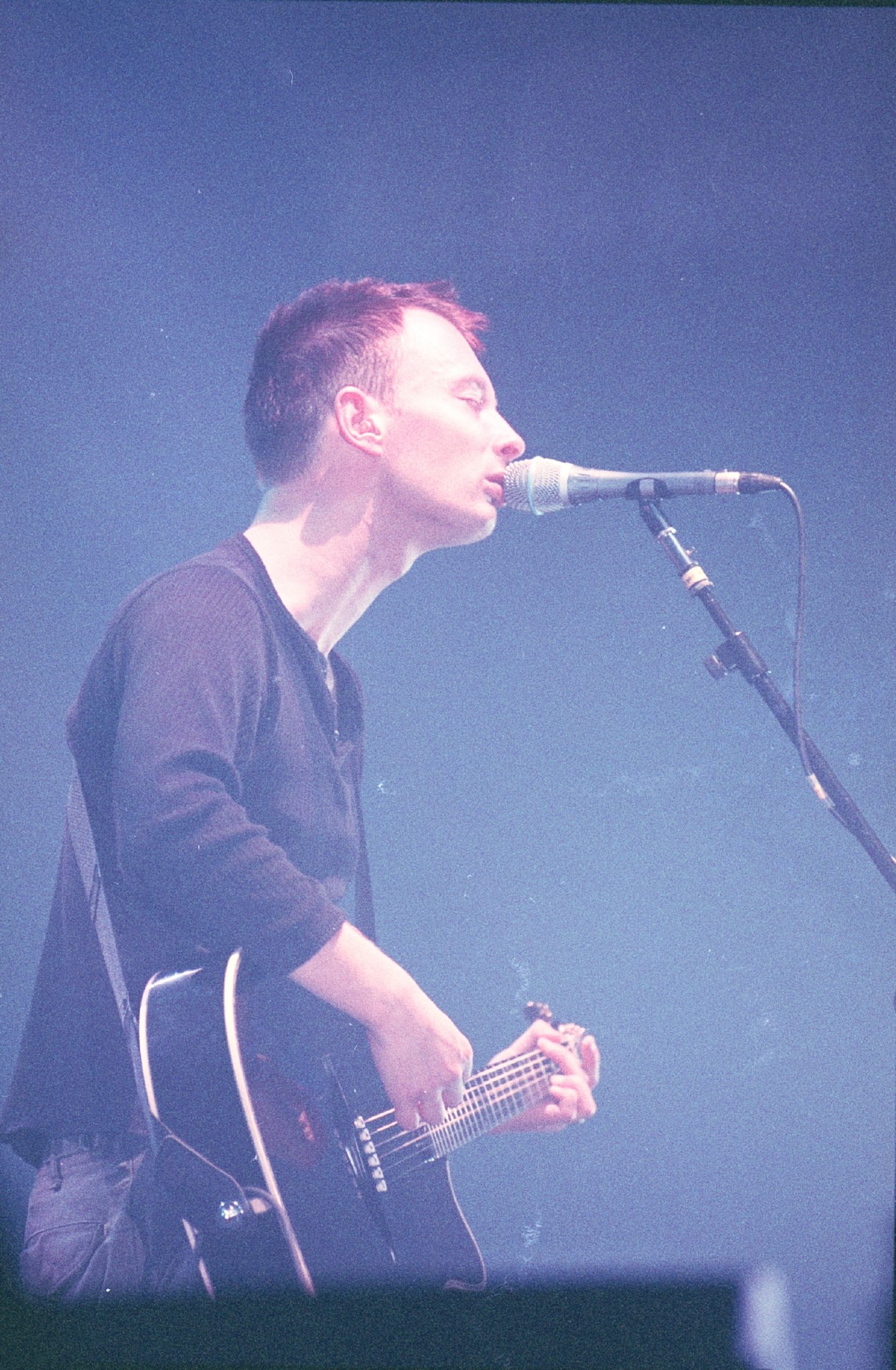
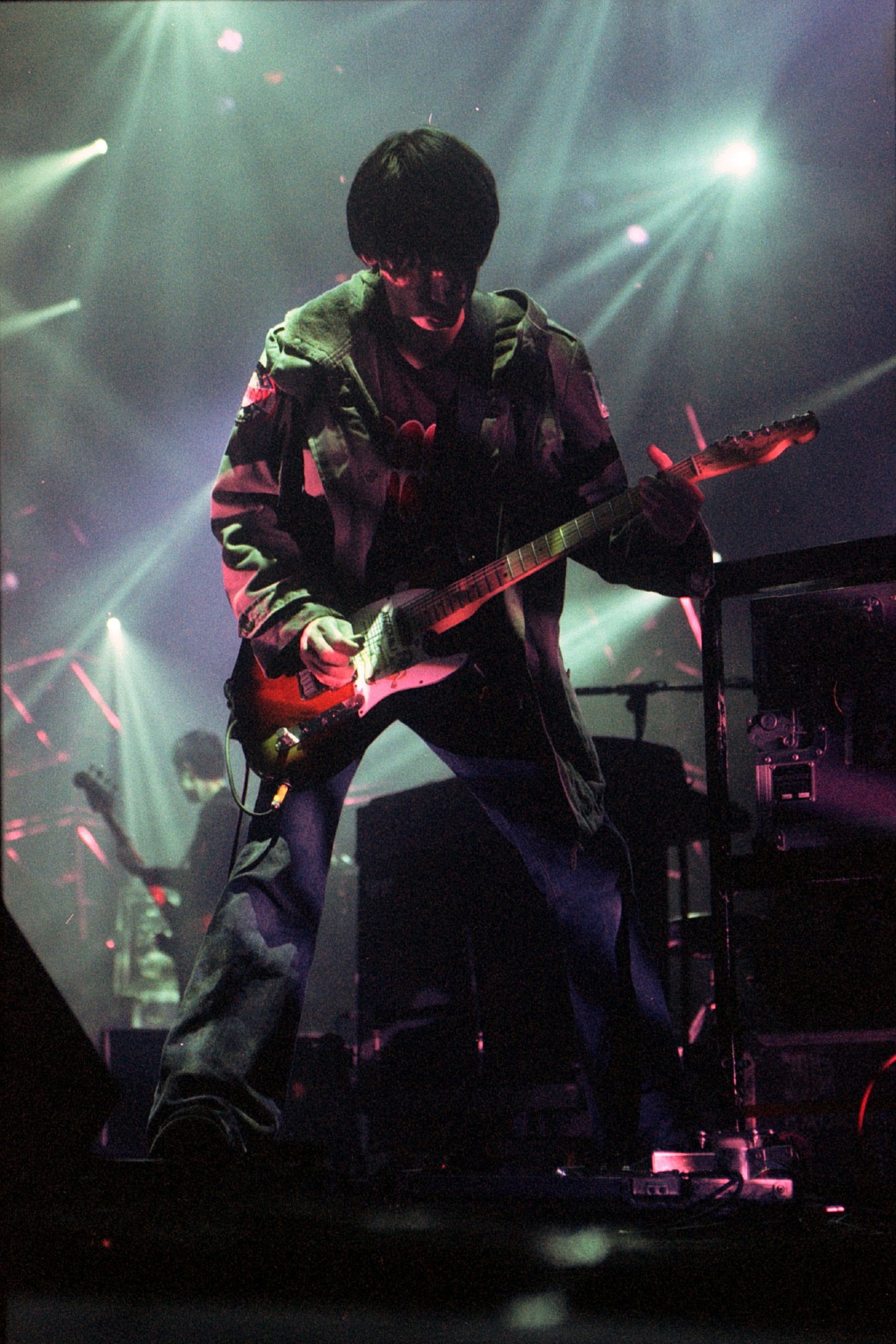


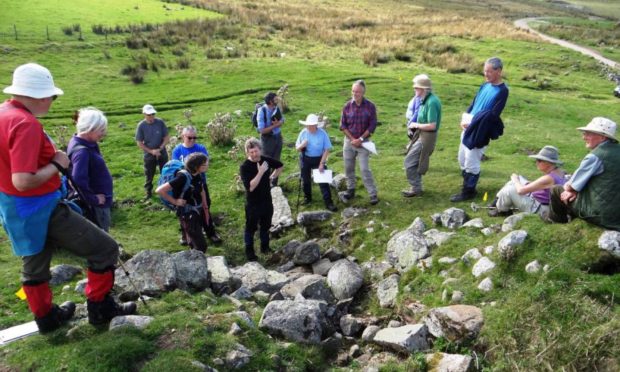
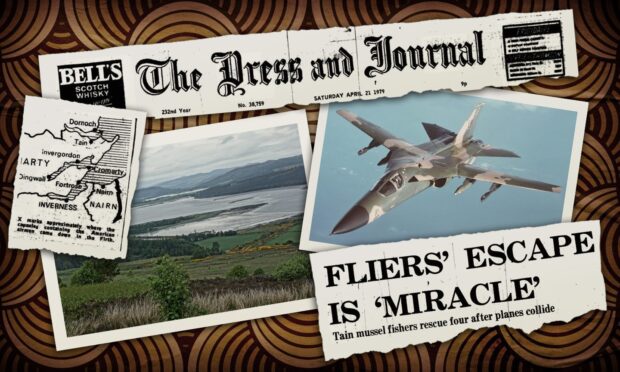
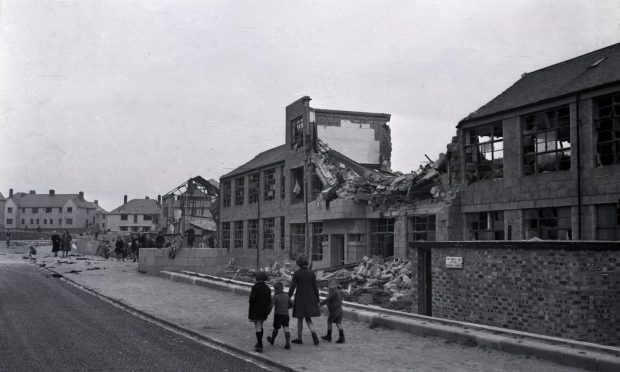
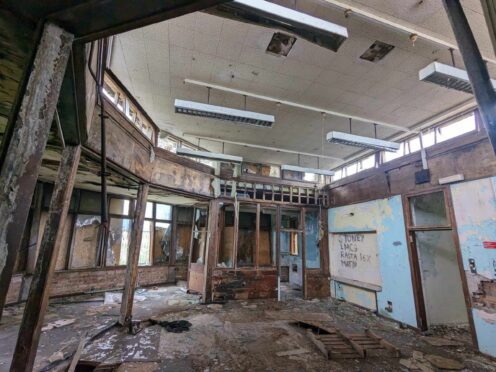
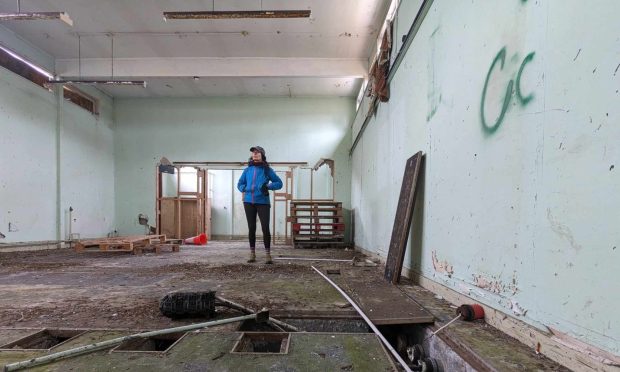
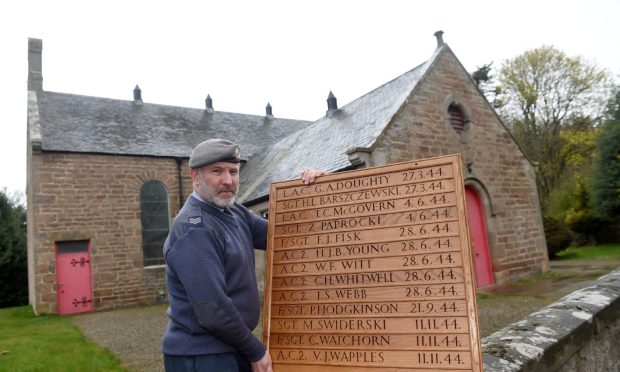
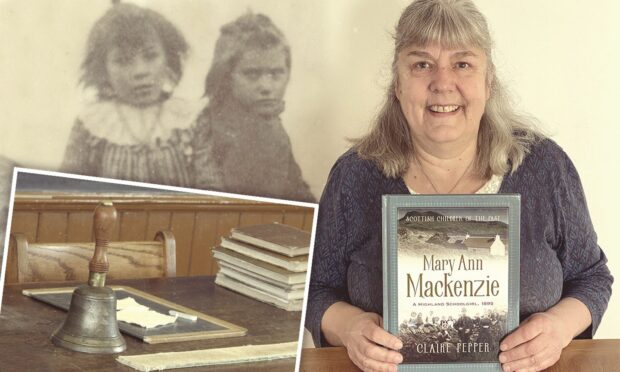
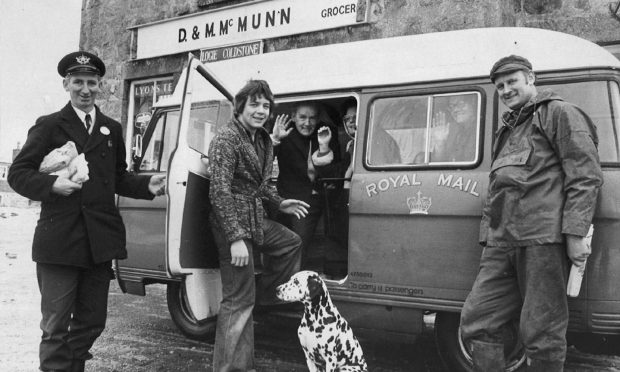
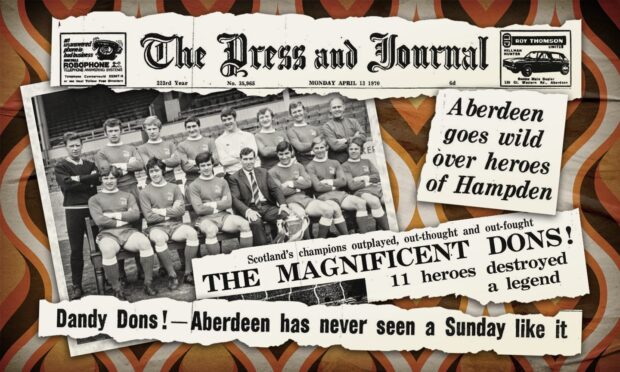
Conversation